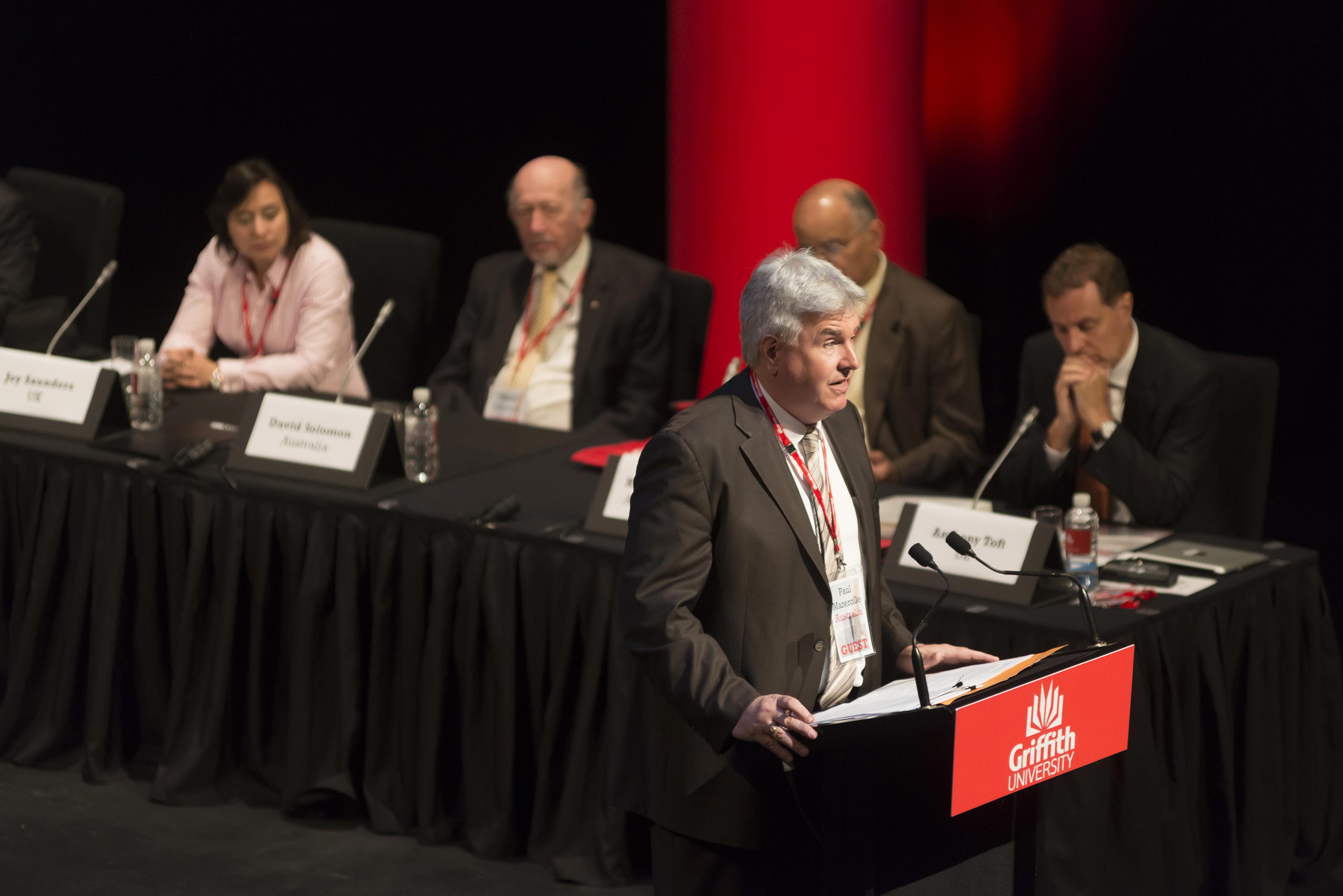
Principal speaker
Dr Carolyn Troup
Abstract: With increasing attention on employee rights to request flexibility in work schedules, how management implements work-life policy has come under greater scrutiny. This presentation adopts a workplace inclusion model developed by Ryan & Kossek (2008) as a framework to evaluate the progress of the implementation of work-life policy. Ryan & Kossek argue that only by developing an inclusive workplace culture will an organisation reduce the gap between formal policy and informal practise, and achieve the objective goals of the policy. Public sector agencies have a long history of established formal policy in Australia and are recognised as being committed to being an employer of choice. However, few organisations undertake a comprehensive assessment of their culture.
Evaluation of this sector, adopting an inclusive workplace model, has important implications for organisational initiatives if the introduction of the right to request flexibility is extended to a greater number of employees as recently proposed. The data source for this paper comes from a large sample of public sector employees (n=3905) comprised of multiple agencies and stakeholders collected through an online survey of union membership in 2008 (34 agencies with 307 executive managers, 1136 middle managers and 2462 public sector employees). Key factors to establish an inclusive family-supportive culture are examined: effective communication of policy, organisational support, long-hours culture, glass-ceiling barriers, equitable access to leave entitlements, satisfaction with policy, employee use of policy, along with a range of employee wellbeing and organisational outcomes. The findings show that by examining the key indicators of inclusion by structural factors (1) organisational hierarchical layers: middle managers, executive managers and subordinates; (2) gender composition of the environment: female and male-dominated, integrated environments a clearer assessment of the consistency of the implementation process is identified as well as where future change is still needed.
Speaker: Carolyn Troup is a Research Fellow at WOW, working on the Work and Careers in Australian Universities Project - an ARC funded study examining workplace issues that affect university employees. Carolyn has previously worked at ISSR, UQ, holding a Women’s Postdoctoral Fellowship which investigated the implementation of work-life balance policy across multiple agencies of the Queensland Public Sector. She has worked on a broad range of projects that focus on wellbeing including her PhD in workplace stress and coping, a randomised control trial testing a health intervention, a conceptual and statistical framework for the measurement of non-market factors affecting social inequality and social wellbeing and a range of occupational health studies conducted at Worksafe Australia in the 1990’s.
Event categories
RSVP
RSVP on or before Thursday 21 March 2013 , by email wow@griffith.edu.au , or by phone 373 53714